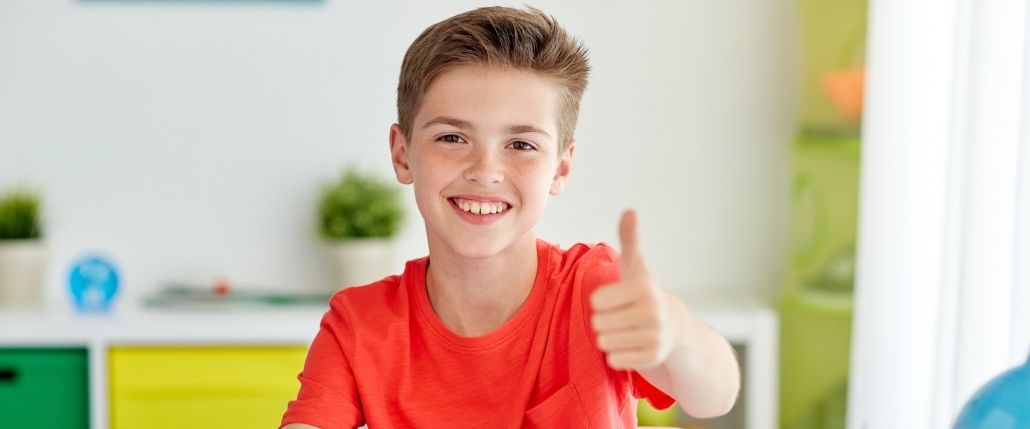
Transitioning to In-Person Learning
By Dr. Laurie Stephens
While most parents have been looking forward to the day their children return to in-person schooling, this transition is bringing a whole new set of fears. Parents and education leaders have been concerned over what children may have lost during distance learning, such as academic and social skills, perseverance and motivation. This article is written to help parents to encourage resilience in their children and to focus on their strengths rather than what may be “lost.”
Children are often more resilient than we give them credit for, but we tend to think of being resilient as coming out of a situation “stronger” or “better.” In actuality, resilience is about getting through a challenging period or set-back and continuing to move forward. The pandemic has afforded children the opportunity to push their resilience to the forefront. They have all gotten through a time that no other children in the modern era have. They have survived a global pandemic and shared a universal experience that will be unique to their generation. That is something to be proud of and celebrated. At The Help Group schools, we have been helping our students view the transition back to school as a format to share growth and triumphs. Parents can do the same.
One activity parents can do is to start a conversation about the lessons the family learned during the pandemic. Sharing, validating and celebrating this new knowledge or perspective will continue to build resilience. Remind children how big their fears were at the beginning of the pandemic and how they overcame them or how small they are now. At The Help Group we remind students they have first-hand knowledge that persevering pays off. They worked through all the changes and fears they faced. Returning to school may seem insurmountable, but not like being in quarantine was. If children pushed through that, they can push through anything.
As children return to school, the focus should not be on what they have forgotten or how quickly they “regain” skills, but on the effort they put into easing back to school. This can be praising your child for getting ready in the morning, remembering to pack a lunch, or getting started on homework. The Help Group is opening their doors by simply welcoming our students back and allowing them the time to adjust and acclimate. If a child can’t do or remember something, it’s OK. They may have forgotten some algebra, but they have gained, empathy, patience, flexibility, frustration tolerance. And at the end of the day, those skills are equally, if not more important for our children’s mental health, self-confidence and perseverance. Celebrate that growth and remind students they will catch up, continue to grow and to be proud of themselves for what they did accomplish during COVID.
Finally, it’s important that parents and educators take a strength- based approach. That is, allowing children to learn through their areas of strength (visual, auditory, kinesthetic) and to accept that all children learn at their own pace and in their own way. Activities upon returning to school should allow students to explore and express what they have been through, what they are proud of, what they learned and how they are going to grow from this experience. The Help Group is having students do a painting, write a poem, act out a skit or invent a way to help the school maintain safety protocols, all based on individual strengths. When we implement a strength-based approach, we are likely to find that not nearly as much has been lost as we fear, and much has been gained to help our children thrive in the post-pandemic world.
**This article was originally posted in LA Parent for May/June 2021. Click Here to read the article in LA Parent.**

Dr. Laurie Stephens
Dr. Laurie Stephens, a developmental psychologist, has worked with children on the autism spectrum for more than 25 years. She is The Help Group’s Senior Director of Autism Programs.
Contact Us
The Help Group schools serve children and families with social and learning challenges, including learning differences, autism and emotional dysregulation.